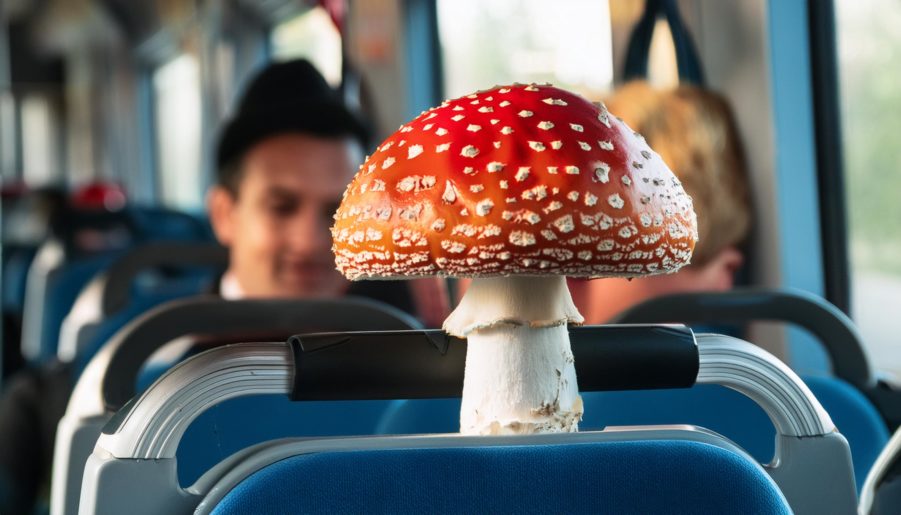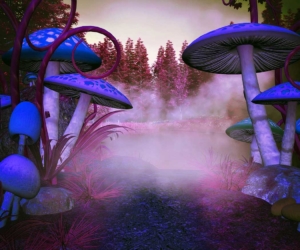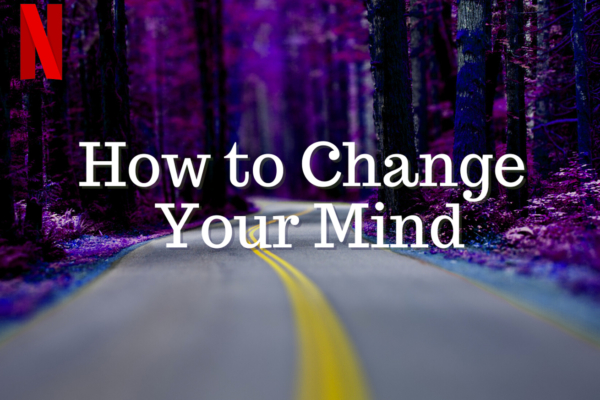
It’s been fascinating to watch as over the past several years, as the mainstream media has shown a remarkable increase in publishing content about psychedelics, a trend underscoring the growing legitimacy and acceptance of these substances. Whether they’re publications you read regularly or not, this shift in coverage could be pivotal in shaping public opinion, influencing policy changes, and de-stigmatizing psychedelics, particularly psilocybin.
Mainstream Media’s Focus – Cases in Point
The New York Times has featured several articles on the therapeutic potential of psilocybin. For instance, in a piece titled “How Psychedelic Trips Can Be Healing” published on June 13, 2018, the Times discussed how psilocybin-assisted therapy has shown promise in treating mental health issues such as depression and anxiety in clinical trials (Patient Care at NYU Langone Health).
The Washington Post has also delved into the subject, with articles like “Psilocybin Therapy for Major Depression Granted ‘Breakthrough Therapy’ Designation by FDA” on November 6, 2019. This article highlighted the FDA’s recognition of psilocybin’s potential in treating major depressive disorder, marking a significant step toward its acceptance in medical practice (Patient Care at NYU Langone Health).
Rolling Stone has been particularly vocal about the cultural and therapeutic renaissance of psychedelics. An article from March 30, 2020, titled “The Psychedelic Revolution Is Coming. Psychiatry May Never Be the Same,” explored how psychedelics, once shunned by the medical community, are now at the forefront of new treatments for mental health conditions (Patient Care at NYU Langone Health).

Legitimate Legitimacy, or What?
The inclusion of psychedelics in publications that are still widely regarded as reputable, lends substantial credibility to the efforts aimed at changing public policies and perceptions. When mainstream media outlets provide in-depth and balanced reporting on psychedelics, it’s reasonable to believe that this helps demystify these substances, presenting them as serious and legitimate subjects of scientific inquiry and potential medical breakthroughs.
The “spotlight” if you will, on psychedelics in prominent media also plays a crucial role in educating the public. Detailed reporting on clinical trials and personal stories of therapeutic success helps dispel myths and reduce the stigma surrounding psychedelic use. This, in turn, fosters a more informed and open-minded public, which is essential for driving policy changes.
We continue to believe that presenting personal experiences in an easy to access archive is one of the best ways that Psychedelic Spotlight can contribute to a safer, more equitable and more empowering wellness landscape.

Shroom Boom – The Emphasis on Magic Mushrooms
Psilocybin, the active compound in magic mushrooms, has been at the center of this media attention. Standing erect, cap flayed in full glory for all to see. Its renowned potential to treat conditions such as depression, PTSD, and addiction has been well-documented in numerous studies, many of which have been covered by mainstream outlets. This coverage not only highlights the scientific validity of psilocybin’s therapeutic uses but also encourages more research and investment into its potential benefits. Though it is worth noting that the Amanita Muscaria continues to hog the lion’s (mane) share of the optics. Who can resist that timeless cap?
With cities like Denver and Oakland having decriminalized psilocybin, and states like Oregon having passed measures to legalize it for therapeutic use, these changes are bound to reflect a broader societal shift towards acceptance and integration of psychedelics into modern medical practice.
Exactly what that looks like, and who is truly helped our potentially harmed in the process, is the narrative we continue to monitor, and indeed hope to help shape by presenting as many sides to as many stories as possible.
Newsweek Just Today
We posted on social media just today about Newsweek writing an article that summarized a lengthy piece of shroom scholarship published on nature.com called “Your Brain On Shrooms: How Psilocybin Resets Neural Networks. You can read that article, with is graciously available through open access, here: https://www.nature.com/articles/s41586-024-07624-5#citeas
4o





